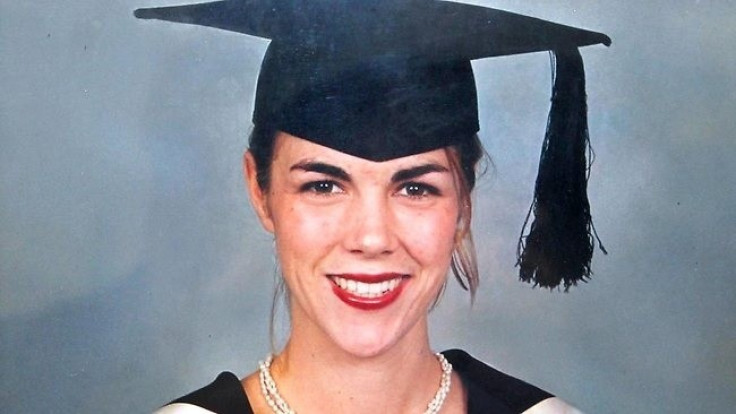Libya Releases Jailed International Criminal Court Staff ahead of National Assembly Elections
Four ICC staffers held on spying allegations over visit to Saif al-Islam Gaddafi in Zintan freed pending trial date

Libyan authorities have released four members of the International Criminal Court (ICC) who were being detained on spying allegations.
The move comes ahead of the country's national assembly elections on 7 July, the first since the deposed dictator Muammar Gaddafi came to power in the 1960s.
The four officials - Australian lawyer Melinda Taylor, Lebanese-born interpreter Helene Assaf, along with their colleagues Alexander Khodakov, of Russia, and Esteban Peralta Losilla, of Spain - were detained on 7 June in Zintan. After release, they flew to the Netherlands.
Judge Sang-Hyun Song, president of the ICC who flew to Libya for the handover, said: "The ICC is grateful to the Libyan authorities for their agreement today to release the court's staff members so that they can be reunited with their families."
The ICC staff had travelled to Zintan in northwest Libya to visit Saif al-Islam Gaddafi, son of the dictator, in prison.
But they were accused of spying during their visit.
Saif al-Islam had been indicted by the ICC for crimes against humanity in relation to the killing of protesters during the 2011 uprising against his father. Libya has refused to extradite him, insisting he should be tried by a Libyan court.
The four ICC staff are due to attend a hearing in Tripoli on 23 July for a final ruling on their case, a source told the BBC.
Historic election
Amid continued instability and tribal clashes, Libyans are set to head to the polls on 7 July to elect 200 members to the General National Congress, which will replace the interim government of the National Transitional Council (NTC), lead by Abdul Rahim El-Kleib.
During his 42-year rule, Gaddafi banned political parties and direct elections from being held. Independent candidates and political parties have now been put forward in the historic vote that is due to take place 18 days later than initially planned.
Out of the 200 seats in the national assembly,80 are set to go to political parties and the remainder have been allocated for independent candidates.
There are up to 2,500 independent candidates running in the elections and 1,200 candidates who are affiliated with 142 political parties.
Political parties
Among the 142 parties fielding candidates in the election, four are seen as the main contenders:
- The Justice and Construction Party (Hizb al-Adala wa al-Bina), the political arm of the Muslim Brotherhood in Libya, led by Mohammed Sawan, who was a political prisoner under Gadaffi's regime.
- The Nation Party (Hizb al-Wattan) has the backing of several high-profile Libyan clerics and revolutionaries. Abdul Hakim Belhaj, a former member of the Libyan Islamic Fighting Group (LIFG) and former head of the Tripoli Military Council, will represent the Islamist party in the election.
- The National Forces Alliance (Tahaluf al-Quwah al-Wataniya) is a coalition of more than 50 political parties supervised by Mahmoud Jibril, who served as a prime minister under the NTC.
- The National Front Party (Hizb al-Jabha al-Wataniya) is led by Mohammed Magaraif. The party, set up in 1981, was formerly known as the National Front for the Salvation of Libya and campaigned against Gaddafi for years.
© Copyright IBTimes 2024. All rights reserved.





